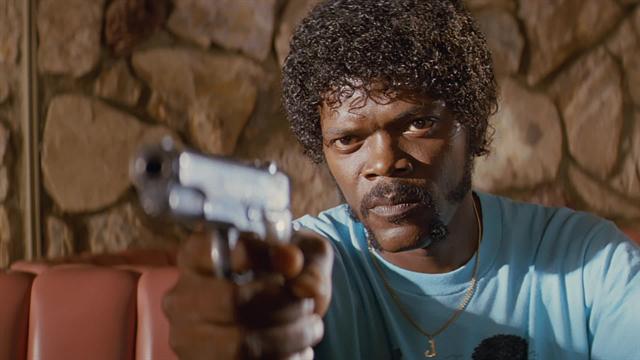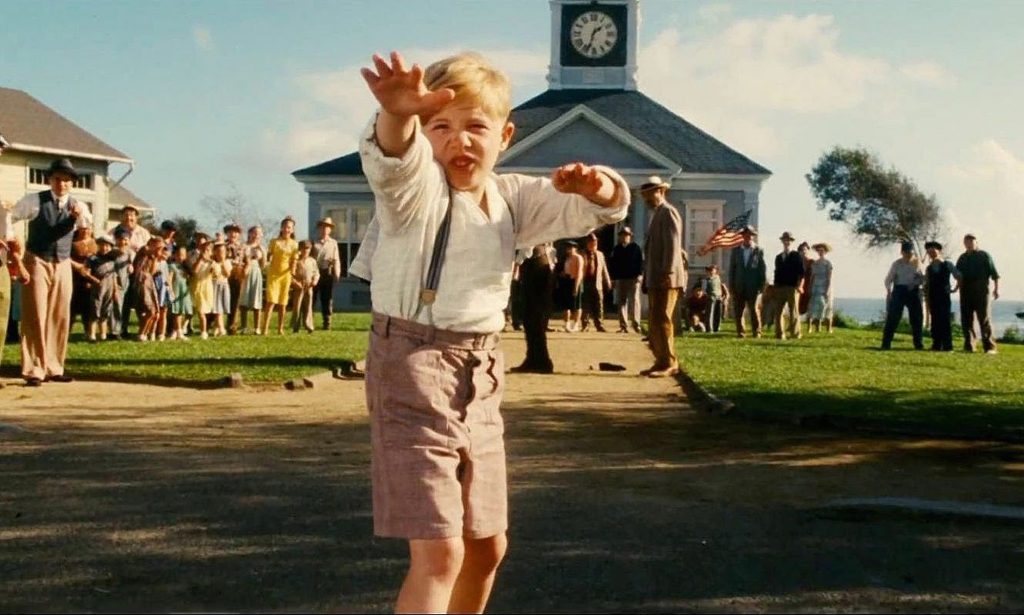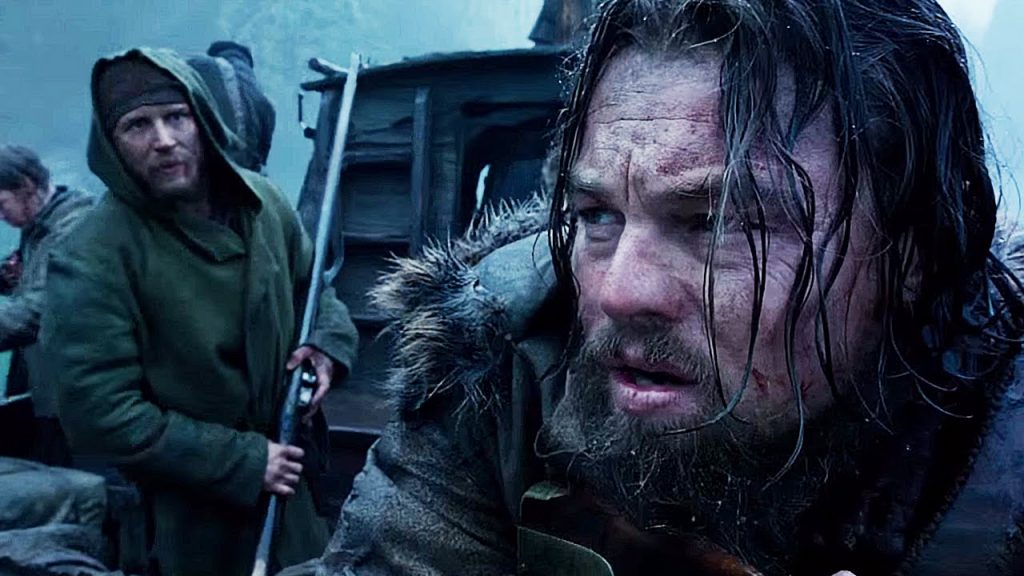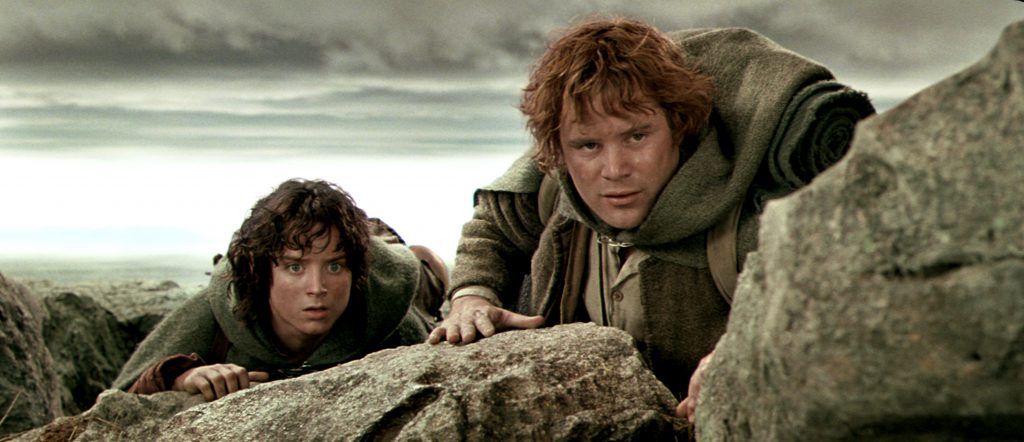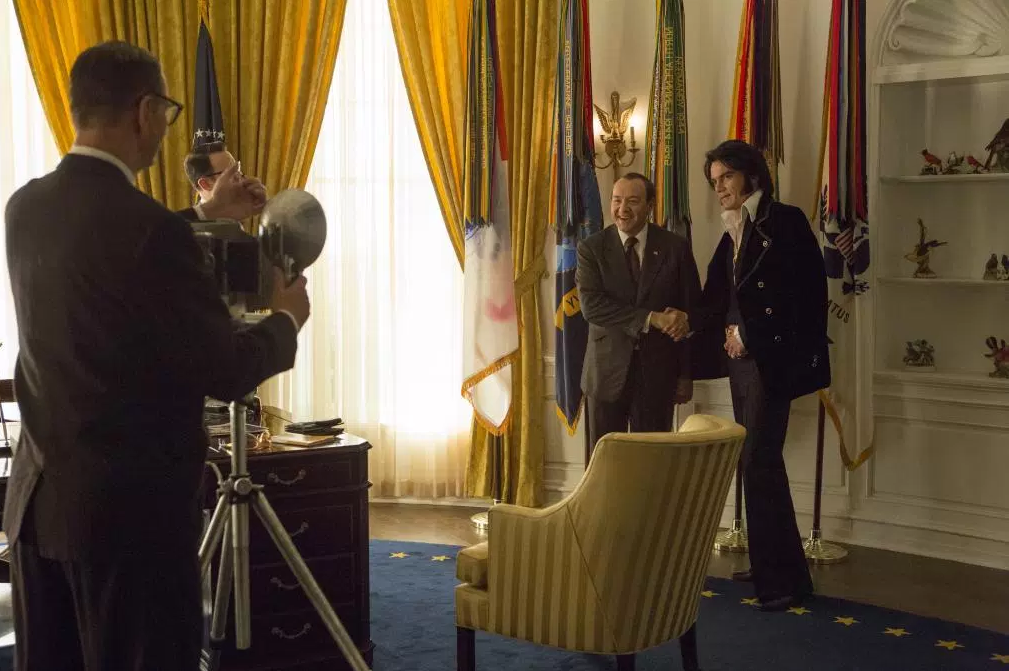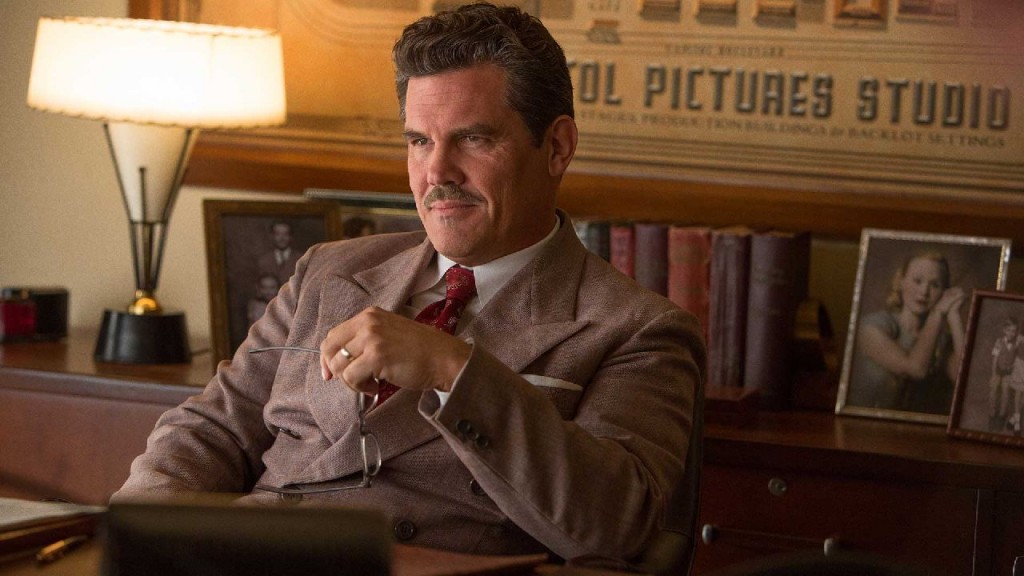15. Dr. Strangelove or: How I Learned to Stop Worrying and Love the Bomb
5 Jul
dir. Stanley Kubrick
Stanley Kubrick siphoned comedy up from the depths of a serious source book (Peter George’s Red Alert), then restrained the comedy by filming, then scrapping, an over-the-top pie fight in the War Room. In between these two major tonal adjustments, resting perfectly on the pinpoint nexus of dark and funny, is where the movie lives. We know it’s serious because of what the characters are saying; we know it’s funny because of how they’re saying it: the most internationally destabilizing act possible, instigated by a gone-mad Air Force general, alongside all of the commentary on that act, by the men whose job it is to keep it from happening at all costs and then clean it up if it does, must be believed because of the dry authority behind it, but cannot be believed because the implications mean the destruction of all life on earth. There isn’t a flawed performance in the movie, and one actor in particular had three chances to fail. While Peter Sellers completely manifests three different energies within the movie, the highest-wire achievements belong to Sterling Hayden, who must somehow believe every word of his own outrageous, fluid-based self-justification, and George C. Scott, who must somehow believe every one of his pouty, hyper, arm-flapping, tumbling physical expressions. Together, the verbal and the physical are absorbed into the dark and the funny, a cook so pure that it distracts us until the very end from the ultimate dark realization: there’s little chance that scrawny humanity, with its twin passions for technology and war, will ever avoid getting its hair permanently mussed.



